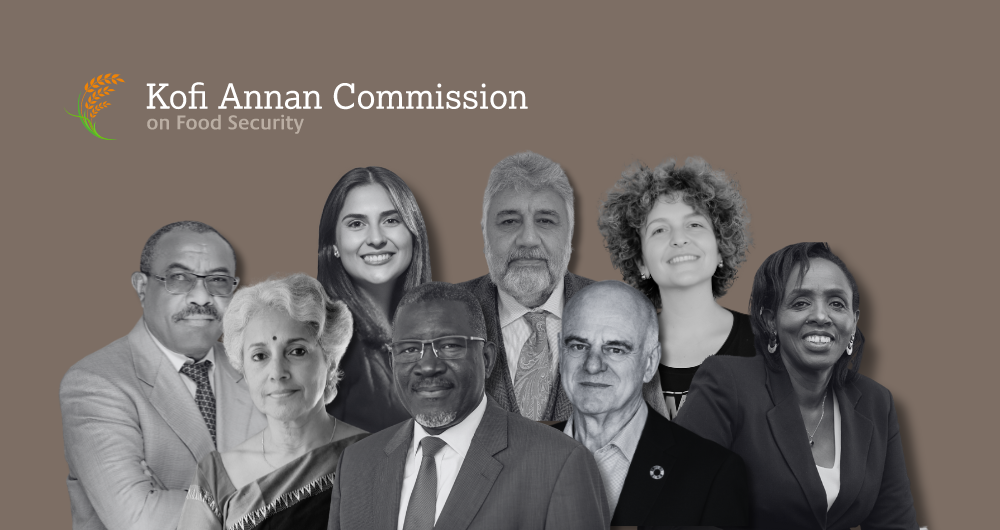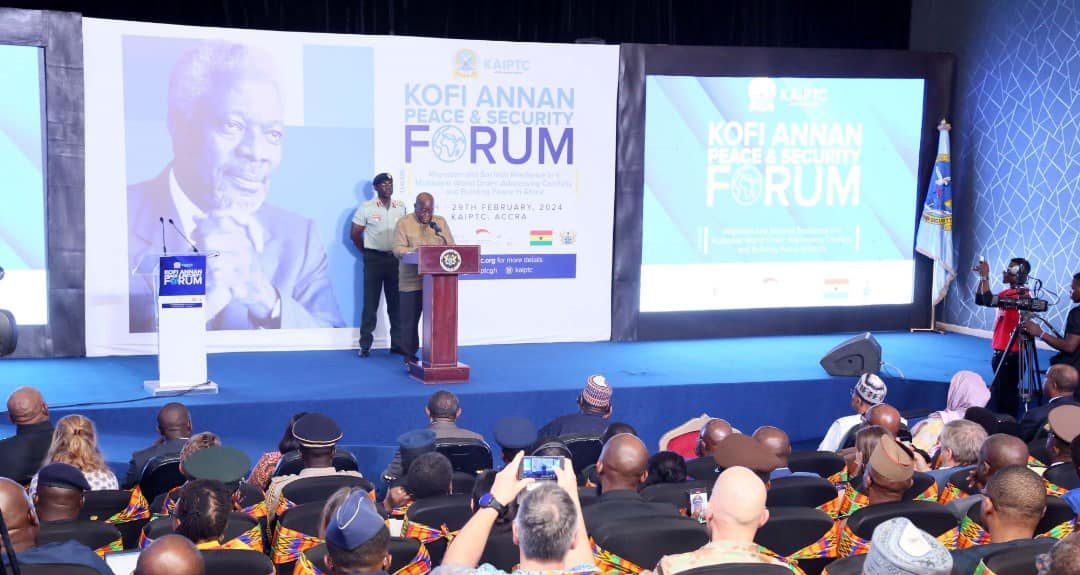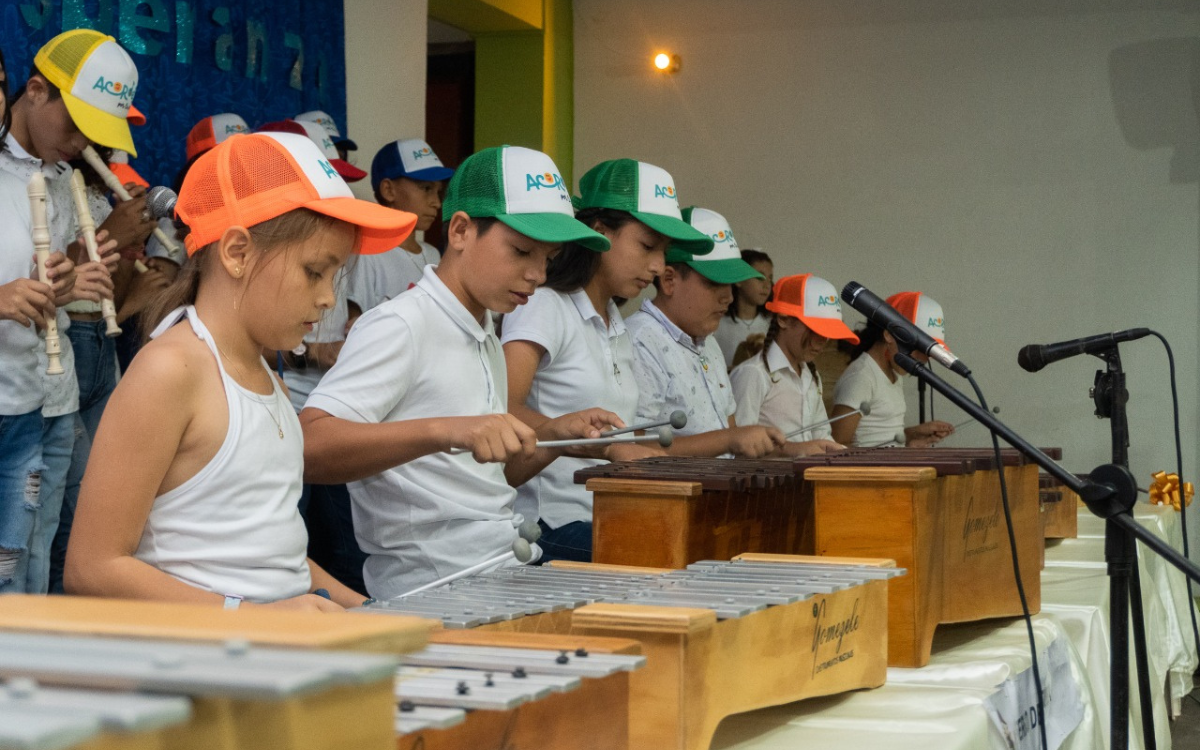The Dialogue Team of the Kenya National Dialogue and Reconciliation holds its twelfth review meeting
Nairobi, 20 March, 2012 – The Dialogue Team of the Kenya National Dialogue and Reconciliation (KNDR) held its twelfth review meeting today on the status of implementation of the KNDR agreements.
The meeting discussed the findings of a report prepared by South Consulting – the research firm designated by the Panel of Eminent African Personalities to undertake independent monitoring and evaluation of the implementation process. The report is available for download at www.dialoguekenya.org.
The report reviewed progress in addressing the long-standing issues identified under Agenda Item 4: undertaking constitutional, legal and institutional reform; tackling poverty and inequity; consolidating regional development imbalances; tackling unemployment, particularly among the youth; consolidating national cohesion and unity; undertaking a Land Reform; and, addressing transparency, accountability and impunity.
The South report noted that overall there had been some notable progress in many areas under Agenda Item 4, but there are certain important recommendations that have not been acted upon at all. That is, reforms in some areas and institutions are not visible. The report cautioned, however, that the context in which the reforms had taken place included concerns about the rising cost of living, a declining sense of safety and disenchantment by many people over the failure of the government to address these challenges.
On constitutional review, the report considered the promulgation of the constitution in August, 2010 as one of the most important achievements of the KNDR process, and Agenda Item 4 reforms in particular. It noted that the constitution enjoyed huge public support and legitimacy. Challenges remained, however, in entrenching the values and principles of governance espoused in the constitution.
On institutional reforms, the South report noted the progress made particularly within the Judiciary and the Parliament. The Judiciary had entrenched a culture of transparency in the conduct of its affairs resulting in a rise in public ratings of its performance from 32 per cent in December, 2008 to 53% in December, 2011. Satisfaction in the performance of Parliament also increased, from 24 per cent in December, 2008 to 61 per cent in November, 2010.
The report found that since 2008, the police had not effectively implemented all the actions suggested under the KNDR agreements. The administrative changes that had been undertaken were considered insufficient to foster change in the behavior and attitudes of the force. As many as 61 per cent of the population were dissatisfied with the performance of the police. With relevant laws aimed at transforming the police having now been enacted, the South report emphasised the importance of fast-tracking their implementation.
With regard to the civil service, the report indicated that there was, as yet, no legislation institutionalising the national character in the composition of the public service and that ethnic inequalities remained an issue of concern.
Concerning land reform, the report noted that the failure to settle all the Internally Displaced Persons (IDPs) remained an important indicator of the challenges facing implementation. It stressed the need to fast-track reform, including the establishment of the National Land Commission.
On poverty and inequality and efforts to combat regional development imbalances, the South report observed some efforts that had been made to date, but noted that the most promising efforts related to constitutional provisions on county governments and Vision 2030 development initiatives.
Regarding youth unemployment, the South report recalled the KNDR recommendation that efforts be made to generate an average of 740,000 new jobs each year from 2008. The first efforts to do so comprised short-term interventions and initiatives which have been beset by allegations of corruption.
The South report found that inter-community relations had improved, but there had been no coherent policy or approach on which to anchor gains, or even address ethnic inequalities. The fight against corruption had also not registered much success. The report noted that the lack of political commitment to deal with politically powerful individuals involved in corruption was a major challenge to the fight against impunity.
The South report concluded that the successful review of the constitution had laid a strong foundation for institutional renewal. Progress in some areas of Agenda Item 4 had not, however, been matched by others and that change within some institutions, critical for securing peace at the next General Elections and a smooth transition, remained outstanding.
At today’s meeting, the Dialogue Team recalled that the Kenya National Dialogue and Reconciliation had identified Agenda Item 4 reforms as important prerequisites for sustainable peace, security and stability. The Dialogue Team, therefore, welcomed the timeliness of the comprehensive review report particularly as the country prepared for the next General Elections.
The Dialogue Team agreed that the next meeting would be held on 21 May, 2012.



